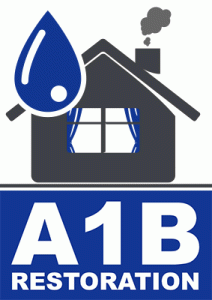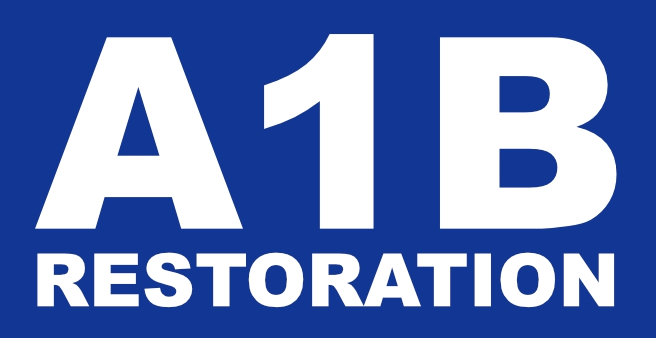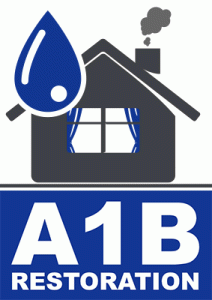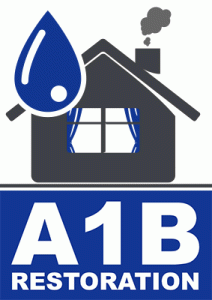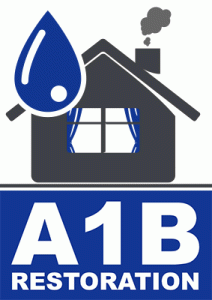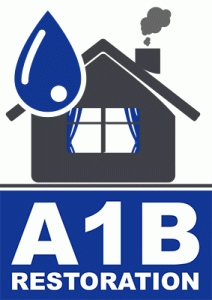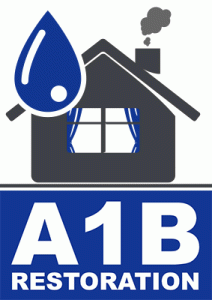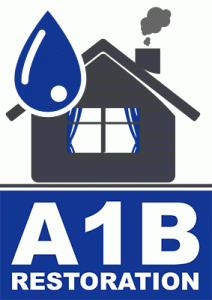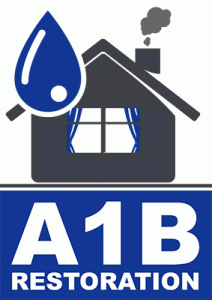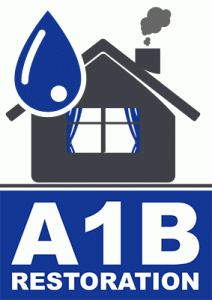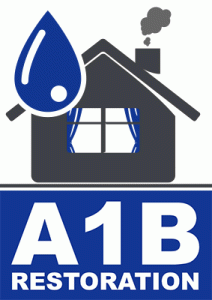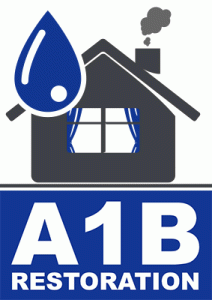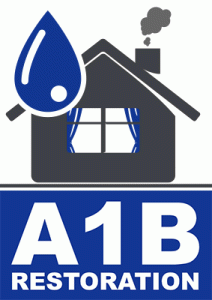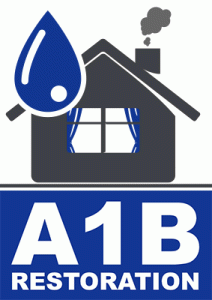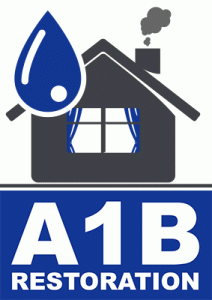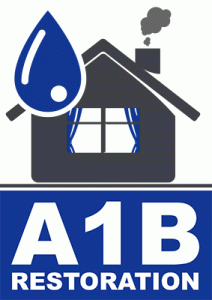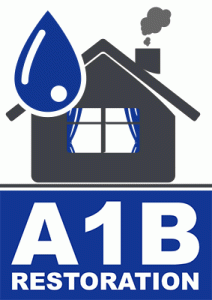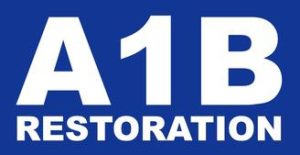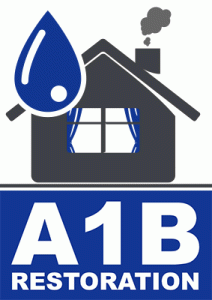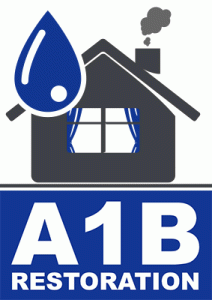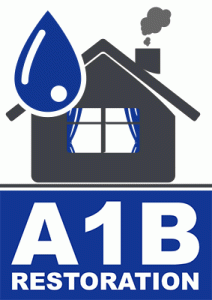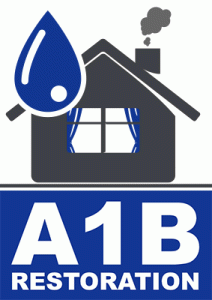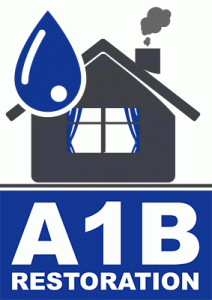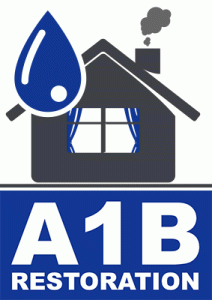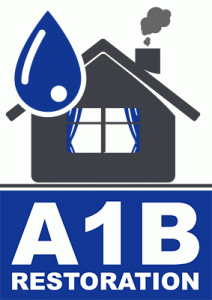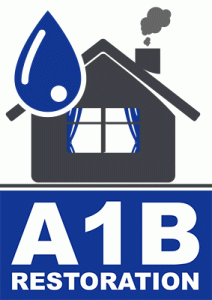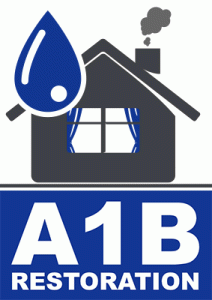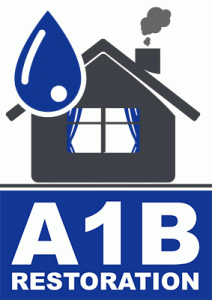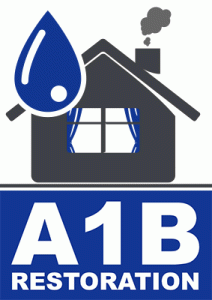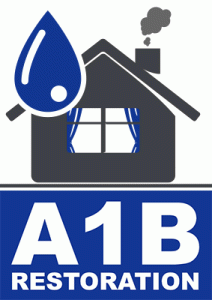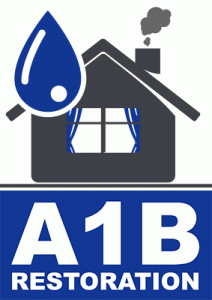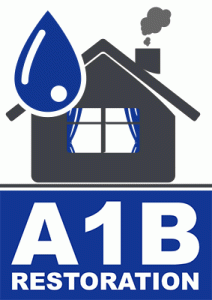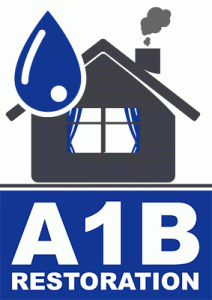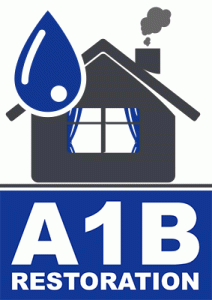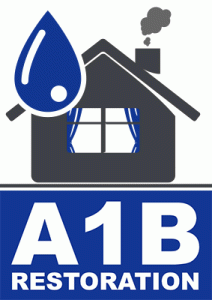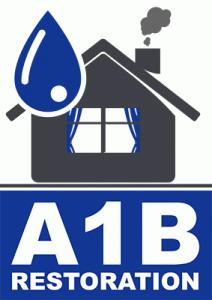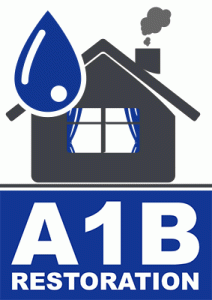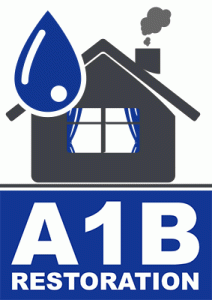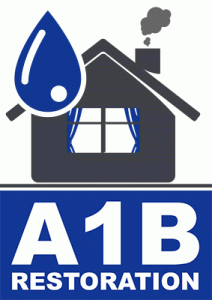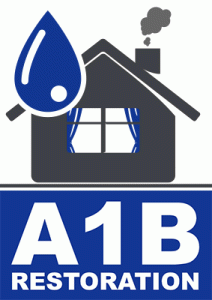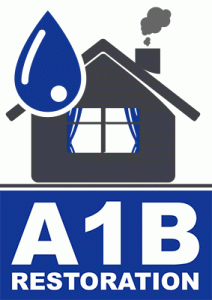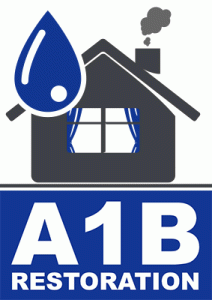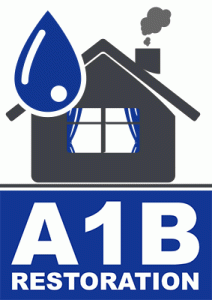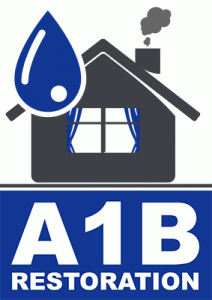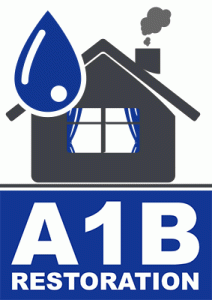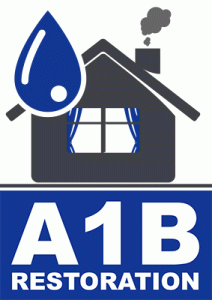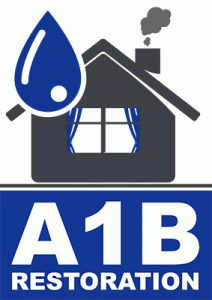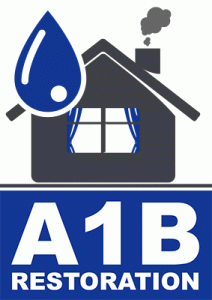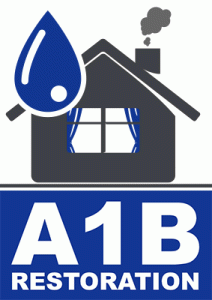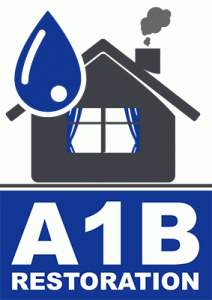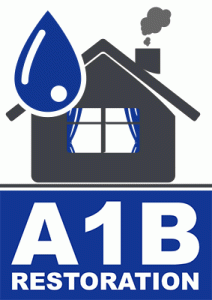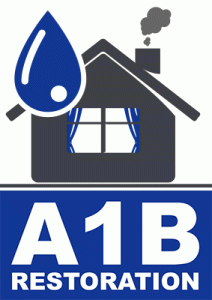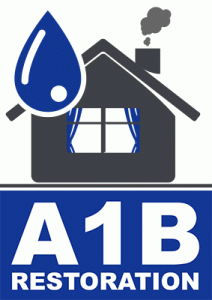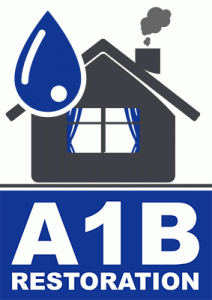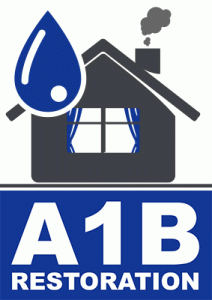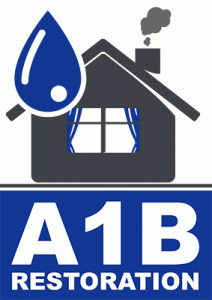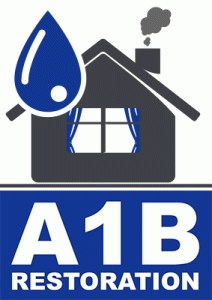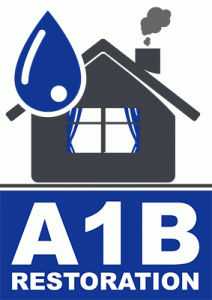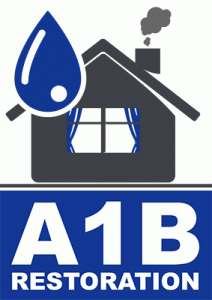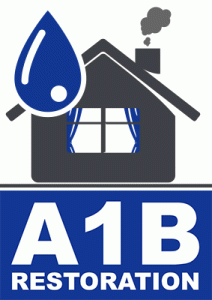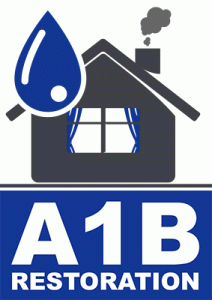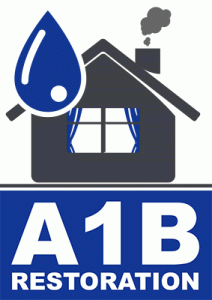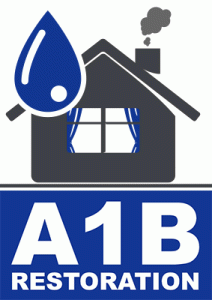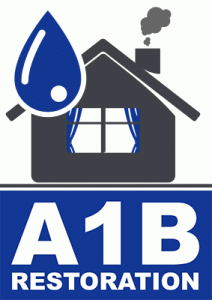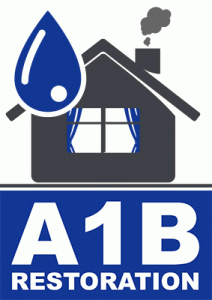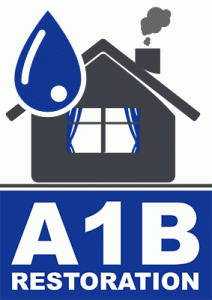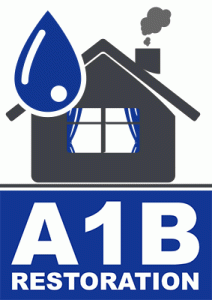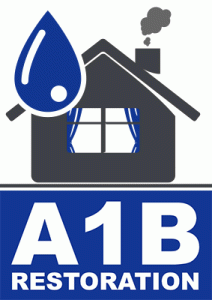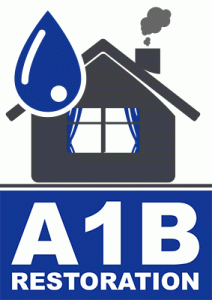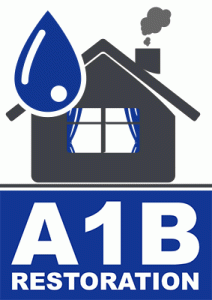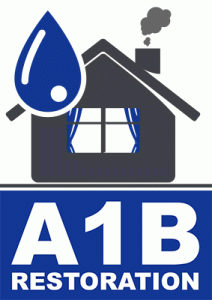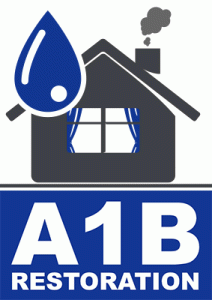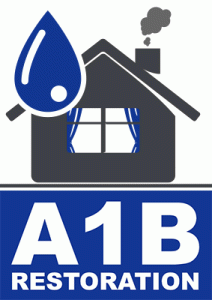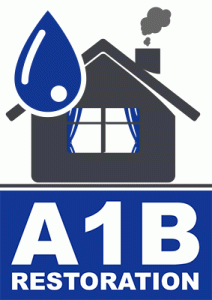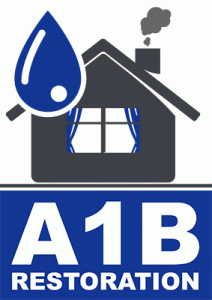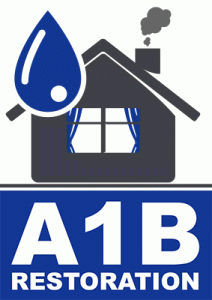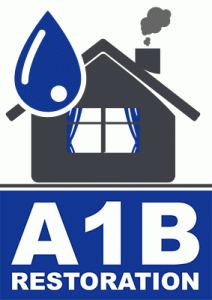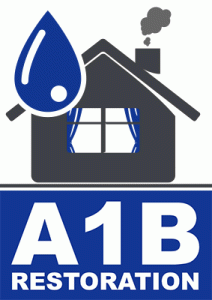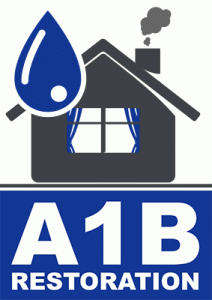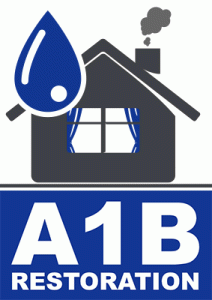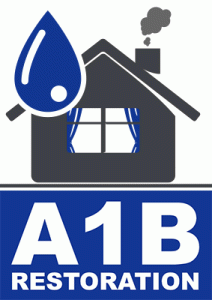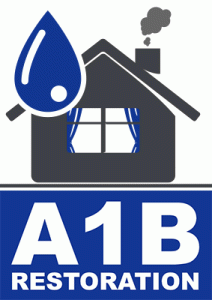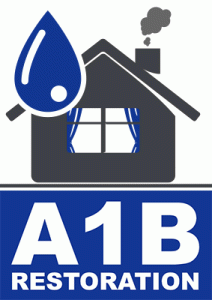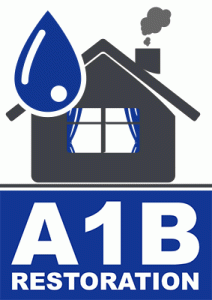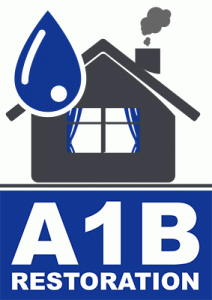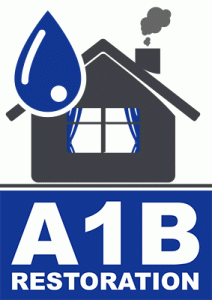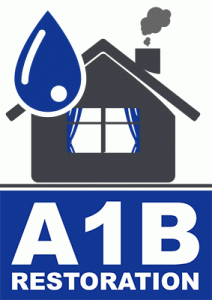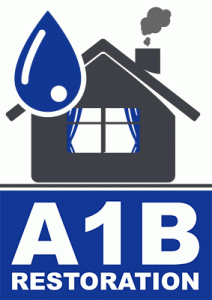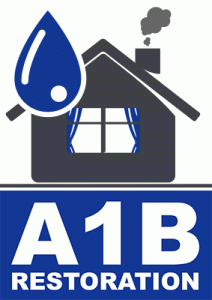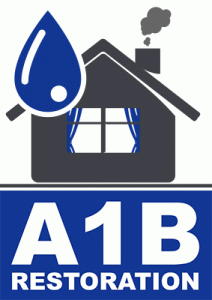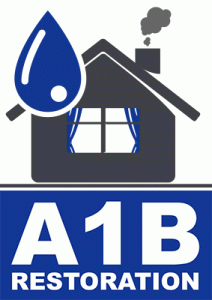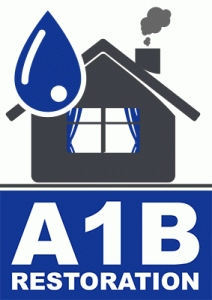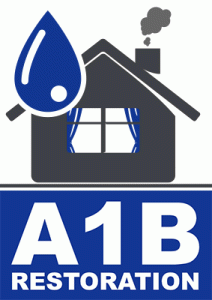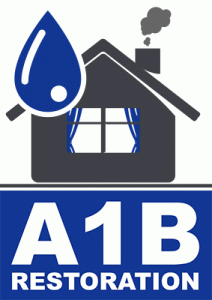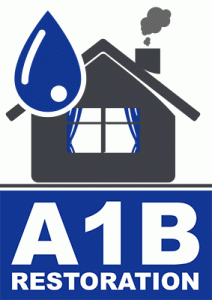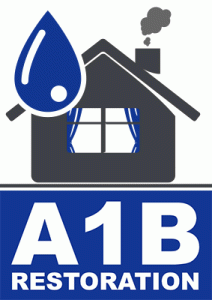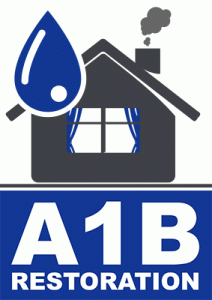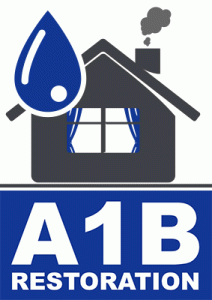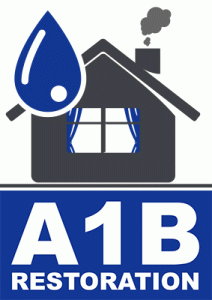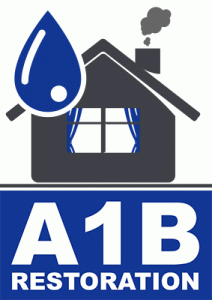How to Negotiate with Insurance for Water Damage Claims
Water damage can cause significant disruption and financial strain. Whether due to a burst pipe, a natural disaster, or a leaking roof, dealing with water damage is a stressful experience. One of the most critical steps in recovering from such an event is negotiating effectively with your insurance company. In this guide, we’ll explore strategies to maximize your claim, ensuring you receive the compensation you deserve.
Understanding Your Insurance Policy
The first step in negotiating your water damage claim is to thoroughly understand your insurance policy. This includes knowing the types of water damage covered, the limits of coverage, and any exclusions or conditions that may apply.
Types of Water Damage Covered
Most standard homeowners insurance policies cover sudden and accidental water damage, such as from a burst pipe. However, they typically do not cover damage resulting from unresolved maintenance issues or flooding from natural disasters. Learn more about standard coverage.
Understanding Policy Limits and Exclusions
It’s crucial to understand the limits of your policy. For instance, while your policy might cover water damage, it might not cover the source of the damage, like a broken appliance. Check for any exclusions related to water damage, such as from mold or sewage backups.
Documenting the Water Damage
A well-documented claim is a strong claim. Proper documentation can significantly influence the outcome of your negotiation with the insurance company.
Photograph and Video Evidence
Immediately after discovering water damage, take comprehensive photos and videos of the affected areas. Capture images from multiple angles and include close-ups of specific damage. This evidence will serve as a crucial reference when negotiating your claim.
Detailed Inventory of Damaged Items
Make a detailed list of damaged belongings, including their estimated value and purchase receipts, if available. This list will help substantiate your claim and ensure you are compensated for all losses.
Filing Your Water Damage Claim
Filing your claim correctly and promptly is essential to the negotiation process. Here are the steps you should follow:
Contact Your Insurance Company
Notify your insurance company as soon as possible. Most policies require prompt notification of a claim to avoid denial. Provide them with all necessary documentation, including photos, videos, and your list of damaged items.
Understand the Claims Process
Familiarize yourself with the claims process. Request a timeline for the resolution of your claim and the contact information of your adjuster. Knowing what to expect will help you manage your expectations and prepare for each step.
Working with the Insurance Adjuster
The insurance adjuster plays a pivotal role in determining the outcome of your claim. Here’s how to work effectively with them:
Prepare for the Adjuster’s Visit
When the adjuster visits, ensure you have all documentation ready. Walk them through the damage, pointing out all affected areas and items. Be honest and thorough in your explanations.
Be an Active Participant
Don’t hesitate to ask questions or seek clarification during the adjuster’s visit. If you disagree with their assessment, present your evidence and reasoned arguments. Remember, you have the right to challenge their findings if necessary.
Negotiating Your Claim Settlement
Once the adjuster has completed their assessment, you’ll receive an initial offer. This is where negotiation skills become crucial.
Review the Initial Offer Carefully
Analyze the initial offer thoroughly. Compare it with your own assessment and estimates for repairs and replacements. If the offer seems low, prepare to negotiate.
Countering the Initial Offer
If you believe the offer is insufficient, provide a detailed counteroffer. Include your documentation, such as repair estimates from contractors, and emphasize any discrepancies with the adjuster’s report. Be polite but firm in your communication.
Seeking Professional Assistance
If negotiations stall or you feel overwhelmed, consider seeking professional help.
Public Adjusters
A public adjuster is an independent insurance professional who can represent your interests. They work on your behalf to negotiate with the insurance company and often work on a contingency fee basis, meaning they only get paid if you do.
Legal Assistance
If your claim is denied or negotiations fail, consult an attorney specializing in insurance claims. They can provide legal advice and help you explore further options, such as arbitration or litigation.
Conclusion
Negotiating with insurance companies for water damage claims can be challenging, but with the right preparation and persistence, you can maximize your settlement. By understanding your policy, documenting the damage, and actively engaging in the claims process, you position yourself for a favorable outcome. Remember, it’s your right to seek fair compensation, so don’t hesitate to assert your rights throughout the negotiation process.
Armed with these tips, you’re now better prepared to tackle the complexities of water damage claims. Stay informed, be proactive, and ensure you get the compensation you deserve to restore your home and peace of mind.
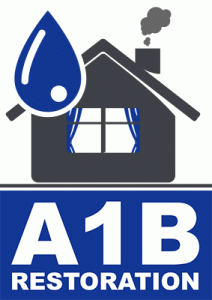
Little Elm TX water damage restoration companies near me
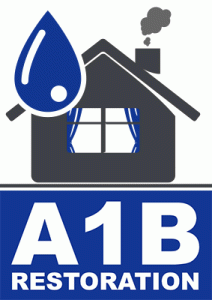
Denton Texas water damage restoration service near me
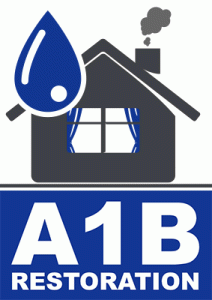
water restoration companies near me Sunnyvale Texas
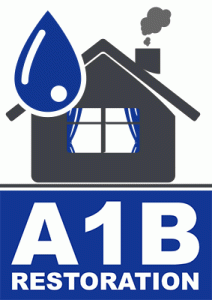
water remediation company near me Carrollton Texas
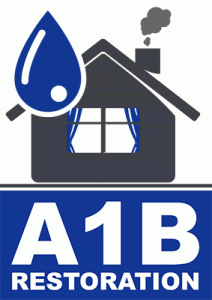
residential water damage restoration Southlake Texas
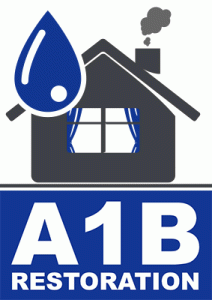
Preston Hollow Dallas Texas water damage companies
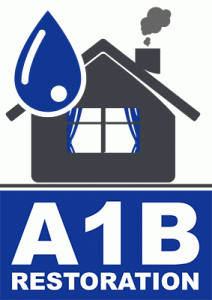
North Richland Hills TX water damage restoration services
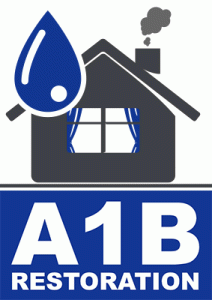
water restoration companies near me McKinney Texas
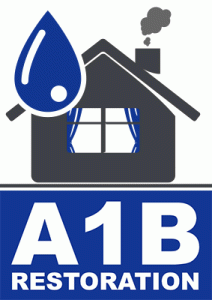
water remediation company near me Lake Highlands Dallas Texas
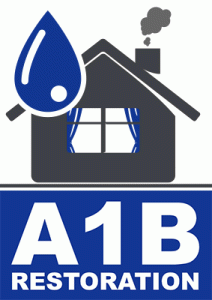
Royse City Texas water damage restoration near me
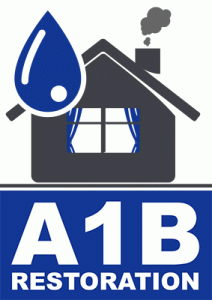
residential water damage restoration Keller Texas
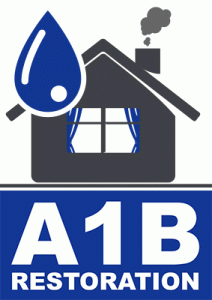
Lewisville Texas water damage restoration service near me
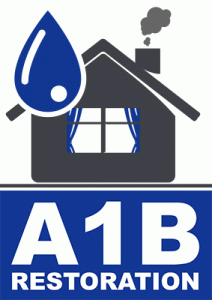
emergency water damage restoration Richardson Texas
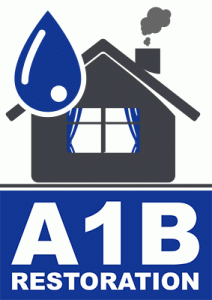
best water damage restoration near me Garland Texas
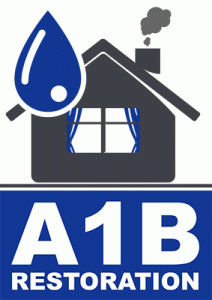
water damage restoration service Grand Prairie Texas
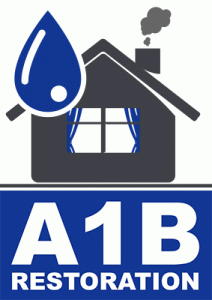
Lake Dallas Texas restoration water damage companies
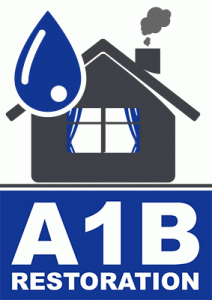
North Richland Hills Texas water remediation company
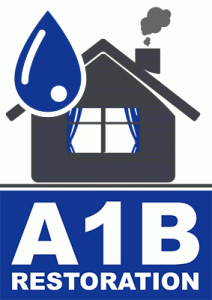
Colleyville Texas water damage restoration service near me
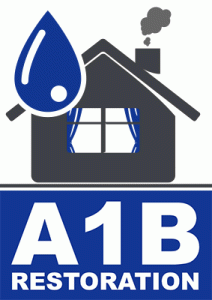
Lake Highlands Dallas Texas water damage restoration service near me
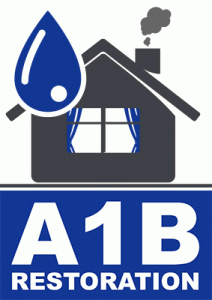
Addison Texas water damage restoration service near me
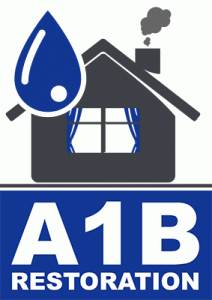
Carrollton Texas water damage restoration near me

Royse City Texas water damage restoration near me
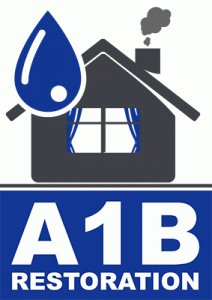
Colleyville Texas restoration water damage companies
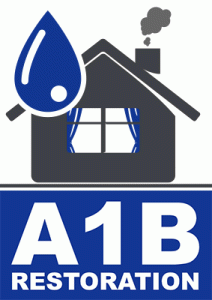
North Richland Hills Texas water restoration companies
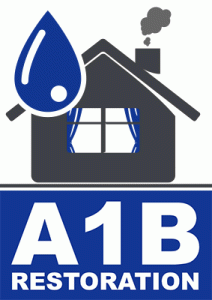
Lakewood Dallas Texas restoration water damage companies
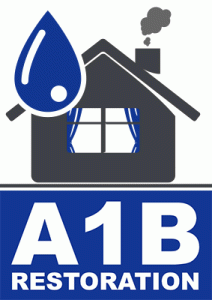
Lake Highlands Dallas Texas water remediation company
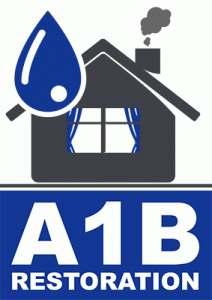
Grapevine Texas water damage restoration service near me
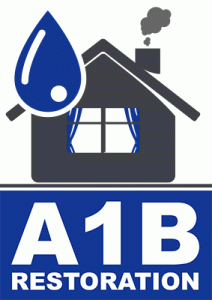
Grand Prairie TX restoration water damage experts
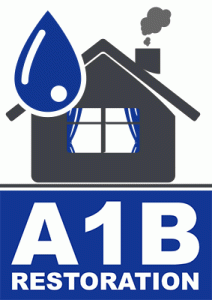
Colleyville TX water damage restoration services
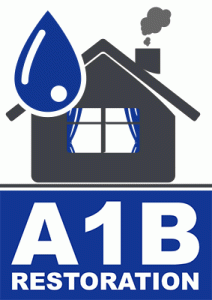
Highland Park TX water damage restoration company
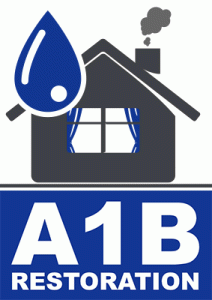
Garland TX water damage restoration companies near me
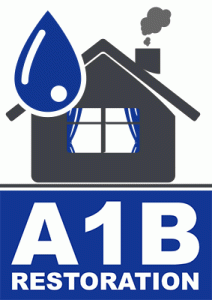
Plano TX water damage restoration companies near me
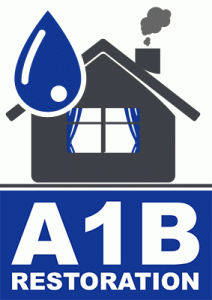
Mesquite TX water damage restoration companies near me
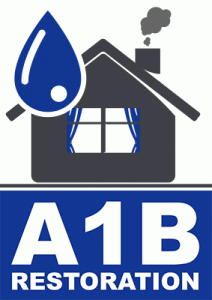
water damage restoration services near me Wylie Texas
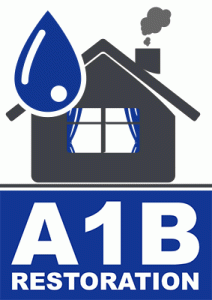
water mitigation company near me Haltom City Texas
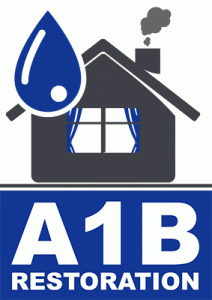
restoration services water damage Arlington Texas
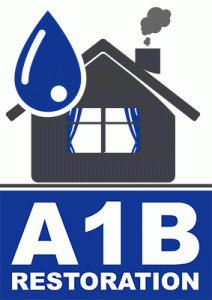
water remediation company near me Little Elm Texas
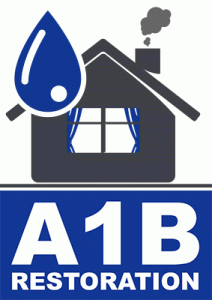
water damage restoration services near me Denton Texas
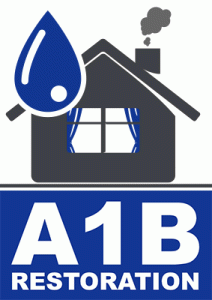
residential water damage restoration Sachse Texas
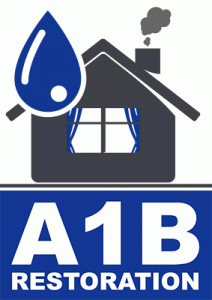
emergency water damage restoration Lakewood Dallas Texas

water restoration companies near me Sunnyvale Texas
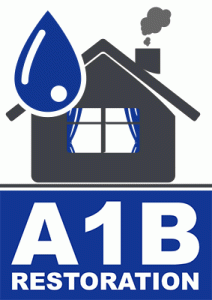
residential water damage restoration Highland Park Texas
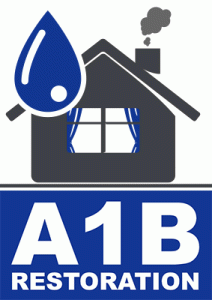
water mitigation company near me Flower Mound Texas
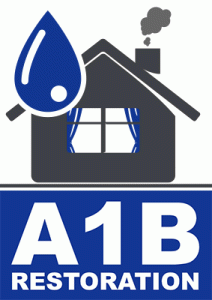
best water damage restoration near me Rockwall Texas
